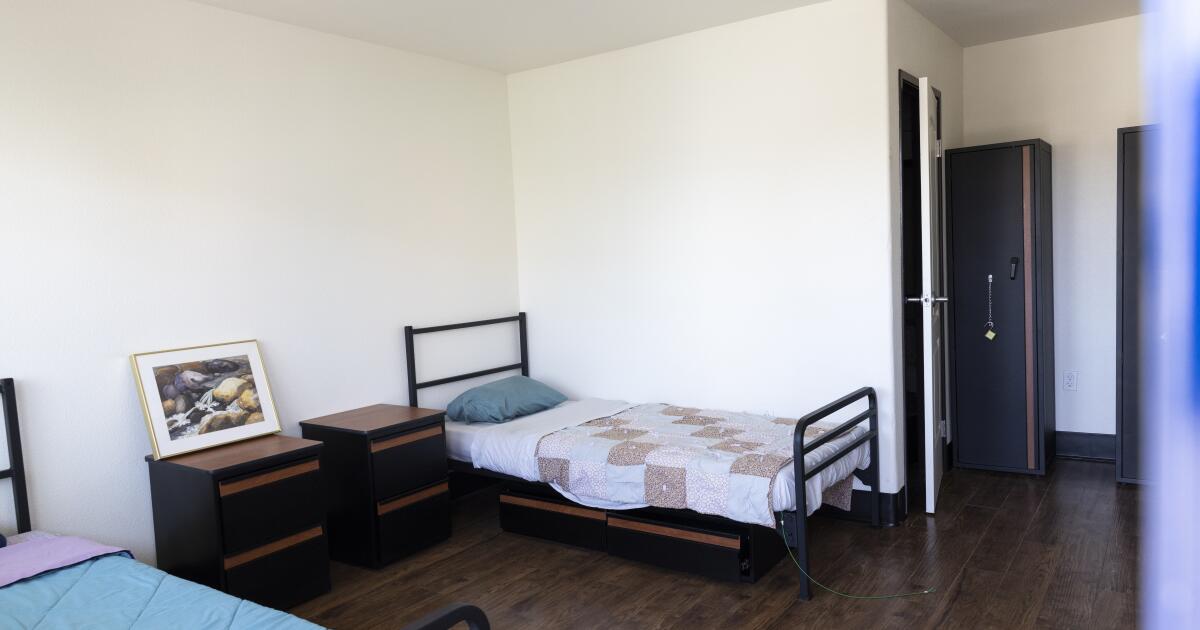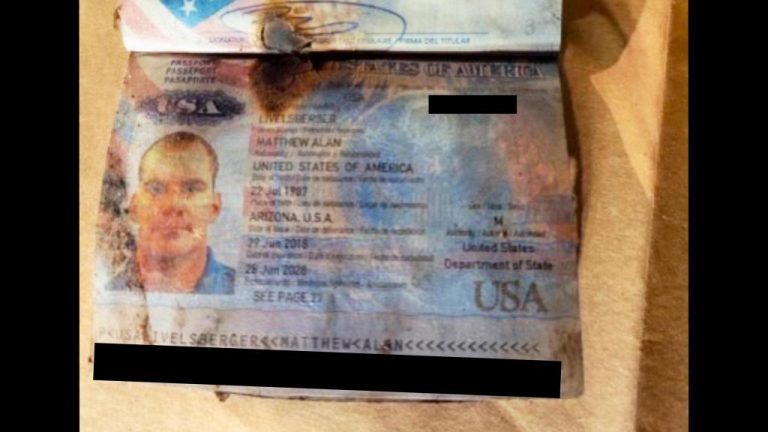

Everyone agrees on one thing: North County needs more beds for homeless people.
But many Escondido leaders think the region has become too focused on shelter at the expense of other support, like addiction counseling, and have advanced new rules that could affect hundreds of people sleeping on local streets.
The City Council approved a new homelessness policy last week directing Escondido to adopt a “Public Safety First approach” to the growing crisis by favoring programs that prioritize sobriety and focus on existing residents over transplants.
“This is simply the first of many steps,” Mayor Dane White said from the dais. “We can write as many tickets as we want, but that’s largely inadequate without a stable bed for somebody to go to and services being provided.”
The 4-1 vote Wednesday moves the city closer to eventually creating its own shelter.
It also served as a small referendum on California’s longstanding “Housing First” approach to homelessness. That model is influenced by a growing body of research that has found high costs of living to be the primary drivers of homelessness and argues that addiction and mental illness are more treatable when people are under a roof. As a result, many shelters created under the approach do not require participants to be clean.
That’s the case for a number of facilities in the city of San Diego as well as the new Oceanside Navigation Center, although services are often offered on-site.
Another shelter is scheduled to open Monday in Vista.
Escondido’s mayor did say a future facility wouldn’t necessarily require drug tests, at least initially, and the city’s policy acknowledges that Housing First could work for “seniors who may have been priced out of the housing market.”
Yet the majority of council members felt the model to largely be “ineffective and unsustainable.”
Too many crimes had been committed “by those with untreated Substance Abuse Disorder,” the policy says. “We will not participate in the distribution of free resources such as tents, tarps, syringes, drug pipes, or anything else that enables substance abuse or homelessness.”
“Choosing sobriety is the only acceptable option,” the statement added.
Escondido Police Chief Edward Varso said the department had been receiving an average of 15 calls a day related to homelessness, an increase from a previous year. Those situations ranged from people walking in traffic to more serious assaults.
Overall, about 12 percent of crime reports last year involved a homeless person as either the perpetrator or victim, officials said.
Housing First has been frequently criticized by other prominent conservatives around the region.
“Homelessness is a complex problem that requires complex solutions,” San Diego County Supervisor Jim Desmond said in an interview. “I just don’t think Housing First should be the only tool in our toolbox.”
While Democrats are generally more supportive, many nonetheless have moved to give law enforcement more power — like through San Diego’s camping ban — and asked the U.S. Supreme Court to make it harder for homeless people to sleep on public land. For the past several years, Western states have had limited options for clearing campsites because of a federal court ruling, known as the Boise decision, that says people generally can’t be forced off public land if there are no available shelter beds.
Officials from across the political spectrum have said they’re cautious to go much further until the justices weigh in on the Boise decision.
A hearing should be held in April and a ruling is expected this June.
The lone “no” vote Wednesday came from Councilmember Consuelo Martinez, the body’s only Democrat, who said rejecting Housing First could make it more difficult to get state or federal dollars, especially at a time when the city faces a budget deficit.
The Vista-based nonprofit Solutions for Change, which has tied bed access to sobriety, once had to temporarily shutter a housing program over a similar funding dispute.
Martinez’s colleagues agreed that Escondido needed to spend its money carefully, which is partially why they further endorsed a policy that “unhoused Escondido residents” be helped before those from neighboring cities.
While officials still need to define residency as it relates to homelessness services, the mayor said people didn’t necessarily need to be born and raised in the area to qualify.
Serving high numbers of outsiders was reportedly the reason council members previously pulled some funding from a shelter run by the Interfaith Community Services, a prominent North County nonprofit.
Several Interfaith supporters spoke at the council meeting to decry the new policy and ask for better collaboration between the nonprofit and city leaders.
Escondido has recently spent millions of dollars to help hundreds of people and much of that work did include Interfaith, according to city records.
White also asked staffers to explore a moratorium on homeless services in and around downtown. That appeared to be a response to the county of San Diego’s proposal from early February to create a temporary shelter near several Escondido businesses.





